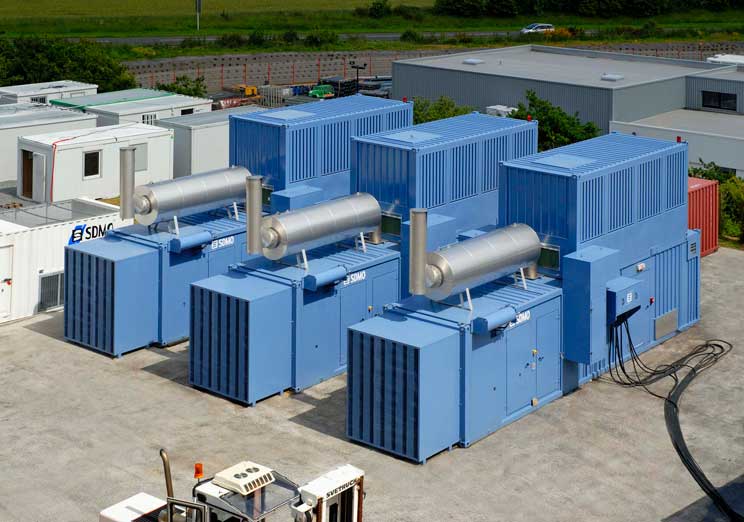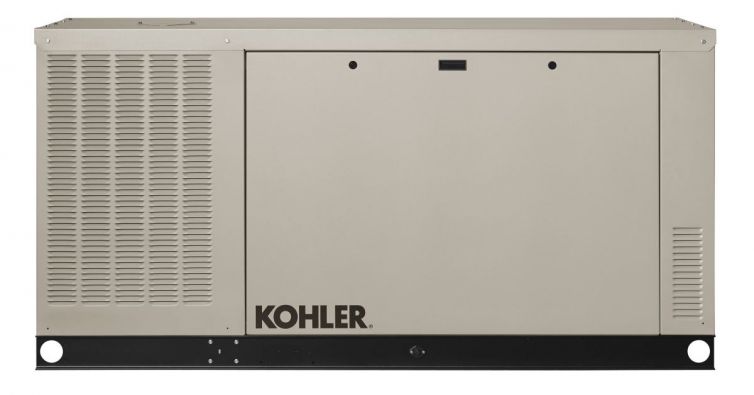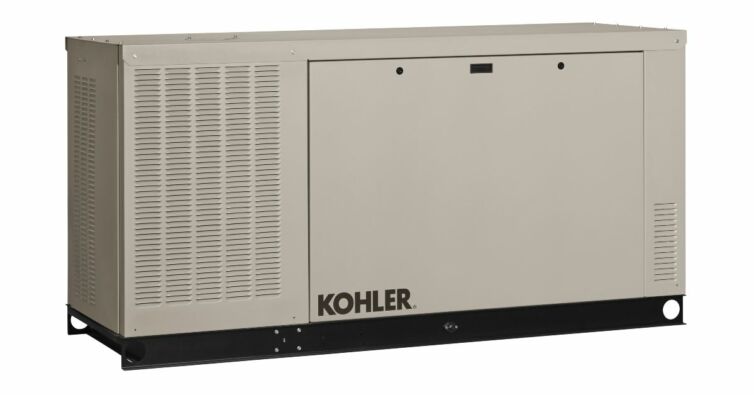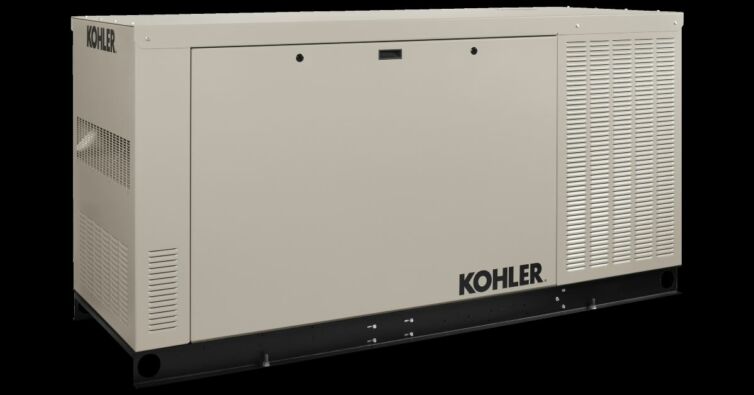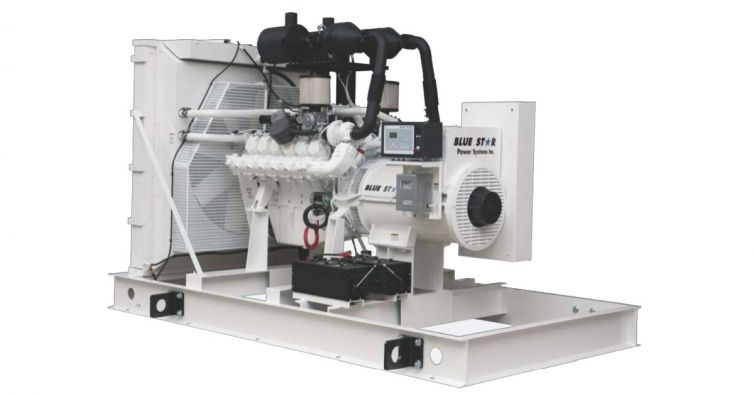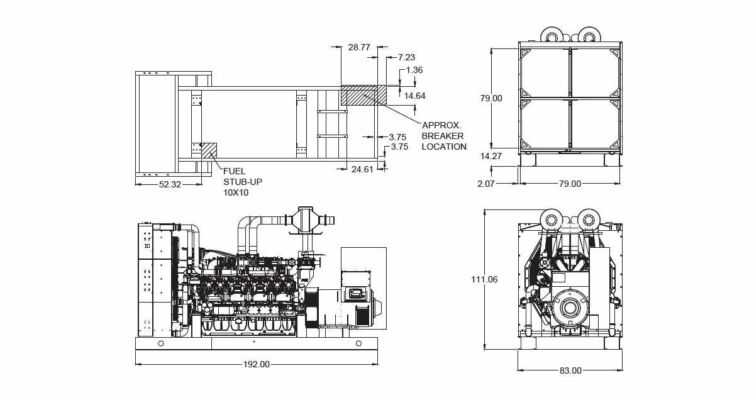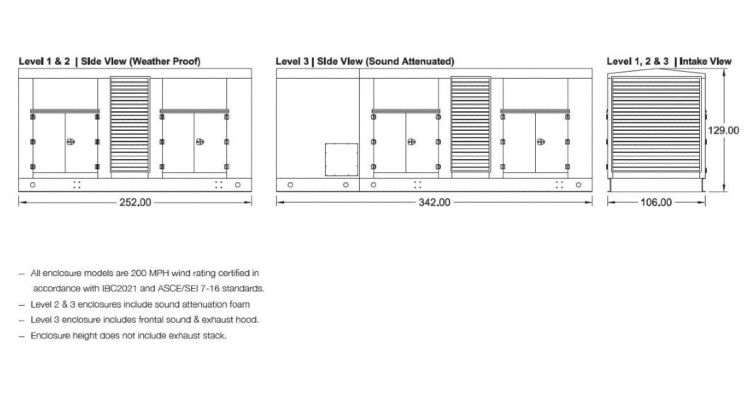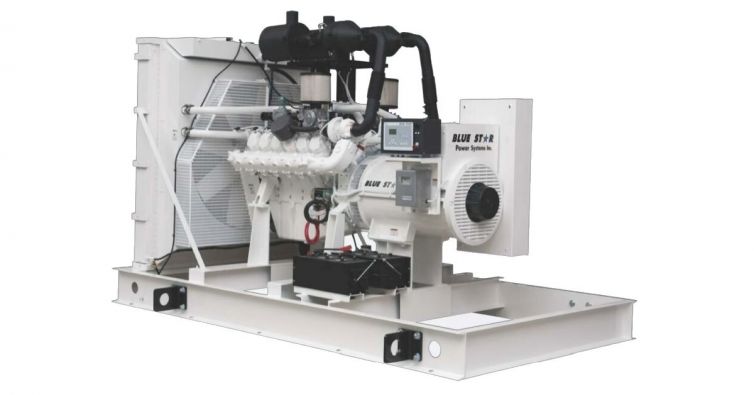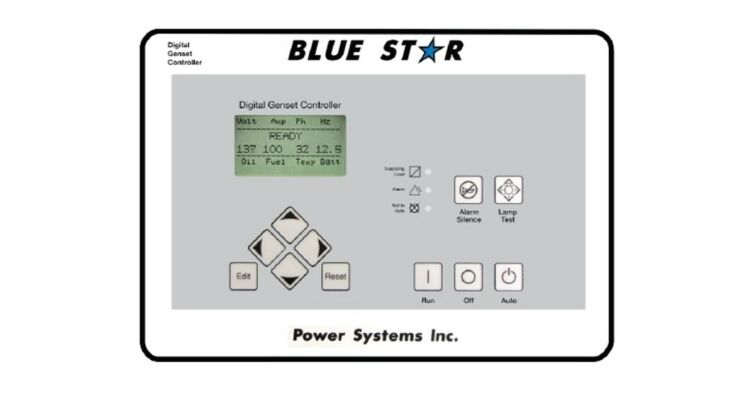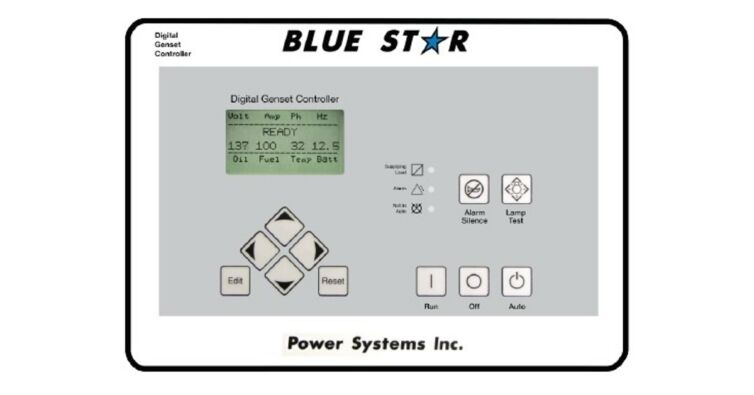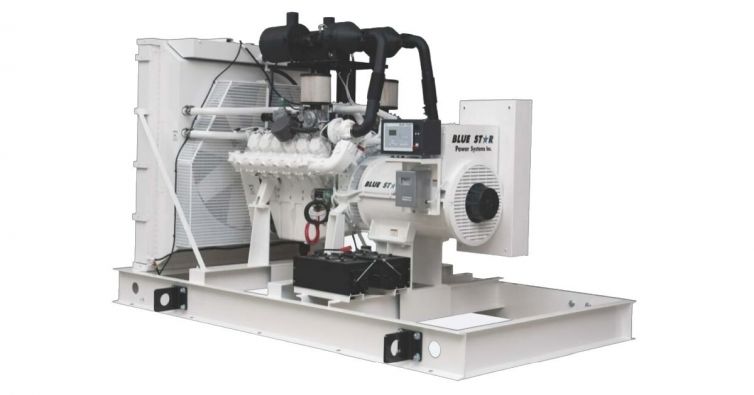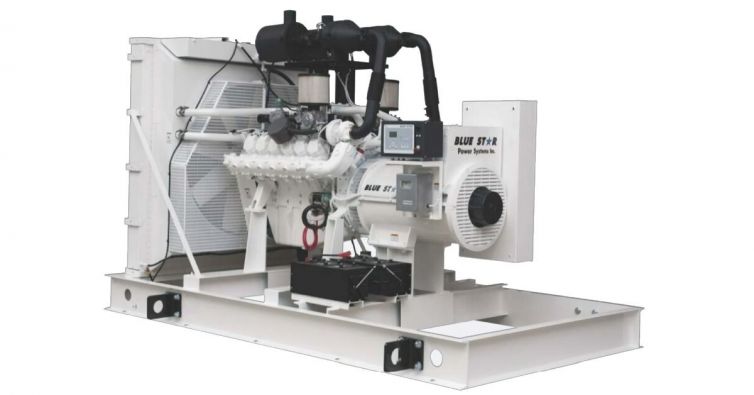When it comes to alternative energy sources, natural gas has emerged as a shining star. With a significant reduction in greenhouse gas emissions and an increasing emphasis on sustainability, natural gas generators have gained popularity as a highly efficient solution for generating electricity. In this article, we will delve into the various aspects that make natural gas generators the most efficient choice, exploring their environmental benefits, energy conversion process, and the factors contributing to their overall efficiency.
Natural gas is a nonrenewable hydrocarbon that is utilized as a source of energy for heating, cooking, and power generation. It is widely used as a fuel and is especially important in the generation of electricity.
In power generation uses, natural gas is burned to create pressurized gas that drives the blades of a turbine connected to a generator in an open cycle. The compressor, power turbine, and combustor are all critical components of this type of turbine. Magnets spin inside the generator, causing electrons in wires to travel, resulting in an electrical current and so power.
Natural gas generators are an important clean source of energy for many industries. They are more clean/cost-effective than other types of generators because natural gas is a cheaper fuel than diesel or gasoline. Natural gas generators burn cleanly with very little waste.
What makes natural gas generators efficient?
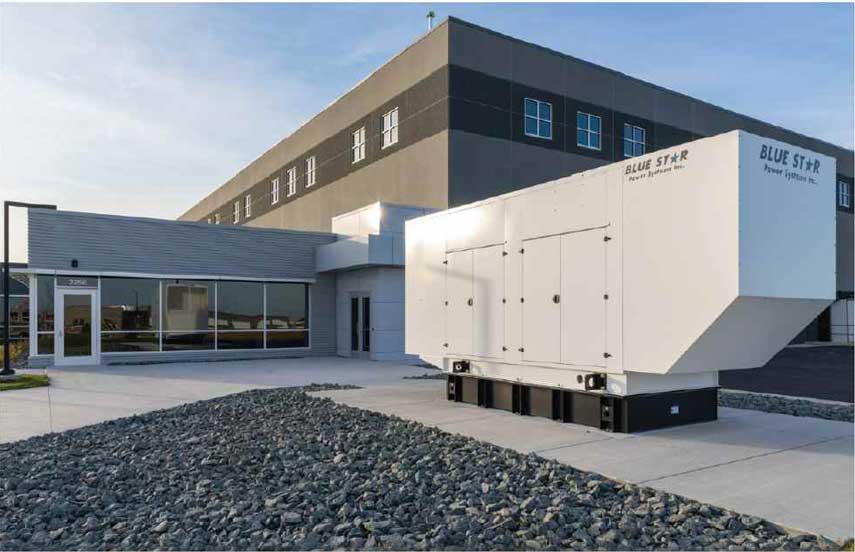
The fundamental principle behind the efficiency of natural gas generators lies in their ability to convert chemical energy into electricity with minimal losses. These generators use gas turbines, which are comprised of a compressor, a combustion chamber, and a turbine. The process begins with the compression of the incoming air, raising its pressure and temperature. Subsequently, the compressed air mixes with natural gas in the combustion chamber, where it undergoes controlled combustion. The high-pressure and high-temperature combustion gases then pass through the turbine, causing its blades to rotate. As the turbine rotates, it drives a generator to produce electricity.
The efficiency of a generator or power plant is defined as the ratio of electrical power output to mechanical power input. The ratio of the net shaft work production of the turbine to the heat input to the working fluid is commonly characterized as the thermal efficiency of a power plant, which is of major interest in thermodynamics. Other aspects are taken into account by defining the total efficiency as the ratio of net electrical power production to the rate of fuel energy input.
Additionally natural gas generators have combined heat and power (CHP) capability. Yes, one of the key factors that contribute to the exceptional efficiency of natural gas generators is their ability to harness waste heat produced during the generation process. This waste heat, which is otherwise lost in traditional power plants, can be recovered and utilized for various purposes. By employing combined heat and power (CHP) technology, natural gas generators simultaneously produce electricity and capture the excess heat. This captured heat can be used for heating buildings, providing hot water, or even powering industrial processes, resulting in significant energy savings and improved overall efficiency.
It is also pertinent to mention that the continuous advancements in turbine technology have played a vital role in enhancing the efficiency of natural gas generators. Gas turbines now incorporate state-of-the-art materials and innovative designs to maximize output while minimizing losses. The use of advanced aerodynamics, combined with high-precision manufacturing techniques, allows for enhanced airflow and reduced friction, resulting in improved turbine performance. Additionally, the integration of variable inlet guide vanes and compressors with adjustable blades optimizes the combustion process and enhances overall efficiency.
Natural gas generators offer another advantage in their ability to efficiently integrate with power grids. They provide flexible operation modes, allowing quick start-ups and responsive power output adjustments based on demand fluctuations. This flexibility not only ensures reliable power supply but also enables the power grid to balance load variations effectively. Natural gas generators can thus complement intermittent renewable energy sources, such as wind and solar, providing stability and reliability to the overall power grid.
SKU: 60RCLB-QS8
SKU: 60RCLB-QS7
SKU: 60RCLB-QS6
SKU: 48RCLC-QS8
Advantages of using natural gas generators
- Natural gas generators are celebrated for their lower carbon footprint compared to traditional fossil fuel-based power generators.
- As a cleaner-burning fuel, natural gas produces fewer harmful emissions such as sulfur, particulate matter, and nitrogen oxides. This reduction in pollution not only minimizes the impact on the environment but also leads to improved air quality and human health benefits.
- Natural gas reserves are abundant and continuously replenished through extraction techniques like hydraulic fracturing, it offers a sustainable energy option for the future.
- Natural gas generators are very cost-effective when it comes to operating and running as the cost of fuel is much cheaper than diesel fuel. Natural gas is cheaper on average than gasoline and diesel.
- Greenhouse gas emissions are lower for natural gas than other fuel sources, and it is one of the cleanest fossil fuels in circulation.
- Natural gas is also far more available in metropolitan areas, so generators have better access to crucial pipelines. This readily available energy source is versatile and ensures storage costs are kept low since technically, you do not need to “store” anything.
Disadvantages of using natural gas generators
- Natural gas is subject to availability and is pumped through underground pipelines, which keeps the supply limited to the span of the pipeline.
- Although Natural Gas Generators are more cost-effective to operate, the fuel availability can be unreliable in areas that are prone to natural disasters. In California, for example, the pipeline gas utility will shut off service to areas that have been affected by an earthquake.
- Natural Gas Generators are LESS cost-effective to purchase and install than Diesel Generators are.
- Natural Gas generators are typically much larger than Diesel which can be a problem if the site has a limited footprint or available space for the install.
As we seek sustainable energy solutions, natural gas generators emerge as the epitome of efficiency with their clean-burning attributes, efficient energy conversion process, and the combined heat and power capability. Incorporating advanced turbine technology and seamless integration with the power grid, natural gas generators pave the way for a greener future while meeting our energy demands. With their lower environmental impact, abundant reserves, and remarkable efficiency, natural gas generators rightfully claim their position as the most efficient choice in the realm of power generation.
And remember that we are here to serve you and help you make an intelligent purchase based on your real needs. At Brags & Hayes we offer all the necessary support to advise you on the purchase and maintenance of a power generator for your needs.
Contact us at the phone number +1.954.657.7777, or write to us at info@bnhgenerators.com, and we will gladly help you.
SKU: NG1050-01_OPU
SKU: NG1050-01_L3
SKU: NG150-01_OPU
SKU: NG150-01_L3
SKU: NG200-01_OPU
SKU: NG200-01_L3
SKU: NG265-01_OPU
SKU: NG265-01_L3


